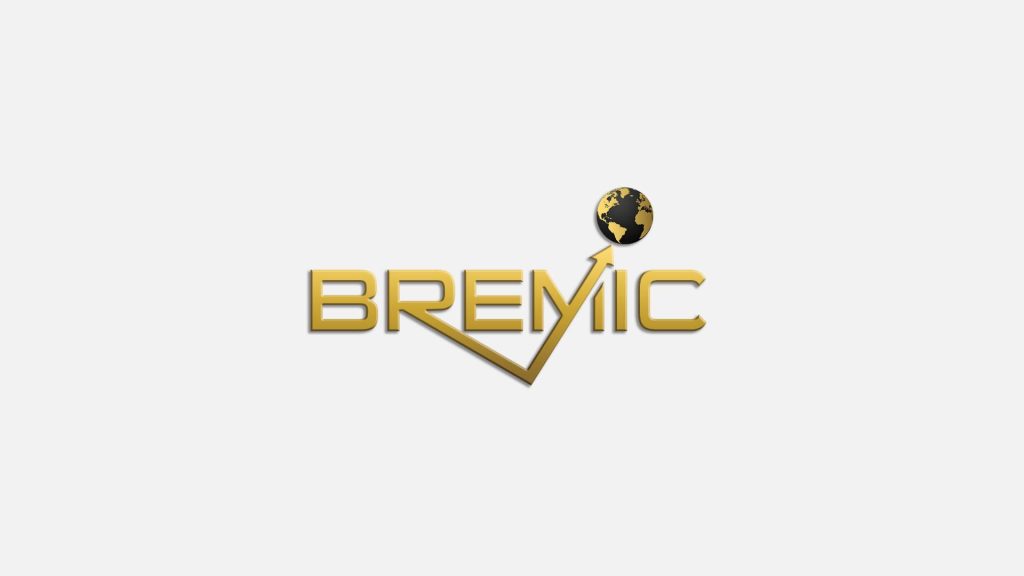Understanding Technical SEO: Why It’s Important for Your Website
In today’s digital world, having an online presence is essential for businesses to thrive. A visually appealing website with great content may be what you need to attract visitors, but if your site isn’t optimized correctly, it may never be discovered by search engines. That’s where Technical SEO comes in. This is essential for any business that wants to succeed online. In this blog post, we’ll delve into what Technical SEO is, why it’s important, and how to implement it on your website.
What is Technical SEO?
Technical SEO involves optimizing the website and server to help search engines crawl, index, and rank a website. It focuses on the technical structure of a website, including the site speed, mobile responsiveness, URL structure, schema markup, XML sitemaps, and more. The SEO is critical because it helps search engines to access and understand the content of a website with ease. Without proper SEO, search engines and crawlers may have difficulty accessing your site, and as a result, your site may not rank well in the search engine results pages (SERPs).
How Is It different from On-Page and Off-Page SEO?
Technical SEO, On-page SEO, and Off-page SEO are all crucial in optimizing a website. They have one thing in common- the objective of making a website more visible in the Search Engines Results Pages. On-Page SEO refers to the optimization of the visible elements of a website, such as the content, meta tags, and images. Off-Page SEO is the optimization of external aspects such as link building and social media strategies. Technical SEO differs from both in that it focuses on the technical structure of your website.
Why is It Important?
Search engines like Google rank websites based on a variety of factors, including how well a site is technically optimized. Technical SEO helps crawlers find and analyze your site more efficiently, making it more likely that your content will rank higher in search engine results pages (SERPs). It also plays a critical role in user experience, such as website speed, mobile responsiveness, and security. When a website is slow or difficult to navigate, visitors are more likely to leave, resulting in a high bounce rate.
How to Implement Technical SEO on Your Website
Ensure that your website meets Google PageSpeed Insights Recommendations and Lighthouse Audits for performance, best practices, accessibility, and SEO. Optimize the images on your site, use a Content Delivery Network (CDN) for faster site loading, and optimize your site’s code. Implement structured data markup, such as schema.org, to provide context for search engines and improve click-through rates. Have a mobile-friendly website, implement SSL for a secure connection, set up Google Analytics and webmaster tools, such as Google Search Console, to monitor your site’s performance regularly.
Conclusion
Technical SEO is a crucial aspect of optimizing a website for search engines. Ignoring this could mean that your website may not rank as well on search engine results pages, hurting your website’s visibility and potentially hindering your business growth. By implementing sound technical SEO strategies, you can improve your website’s online presence, enhance user experience, and ultimately increase your website’s traffic and revenue.

















